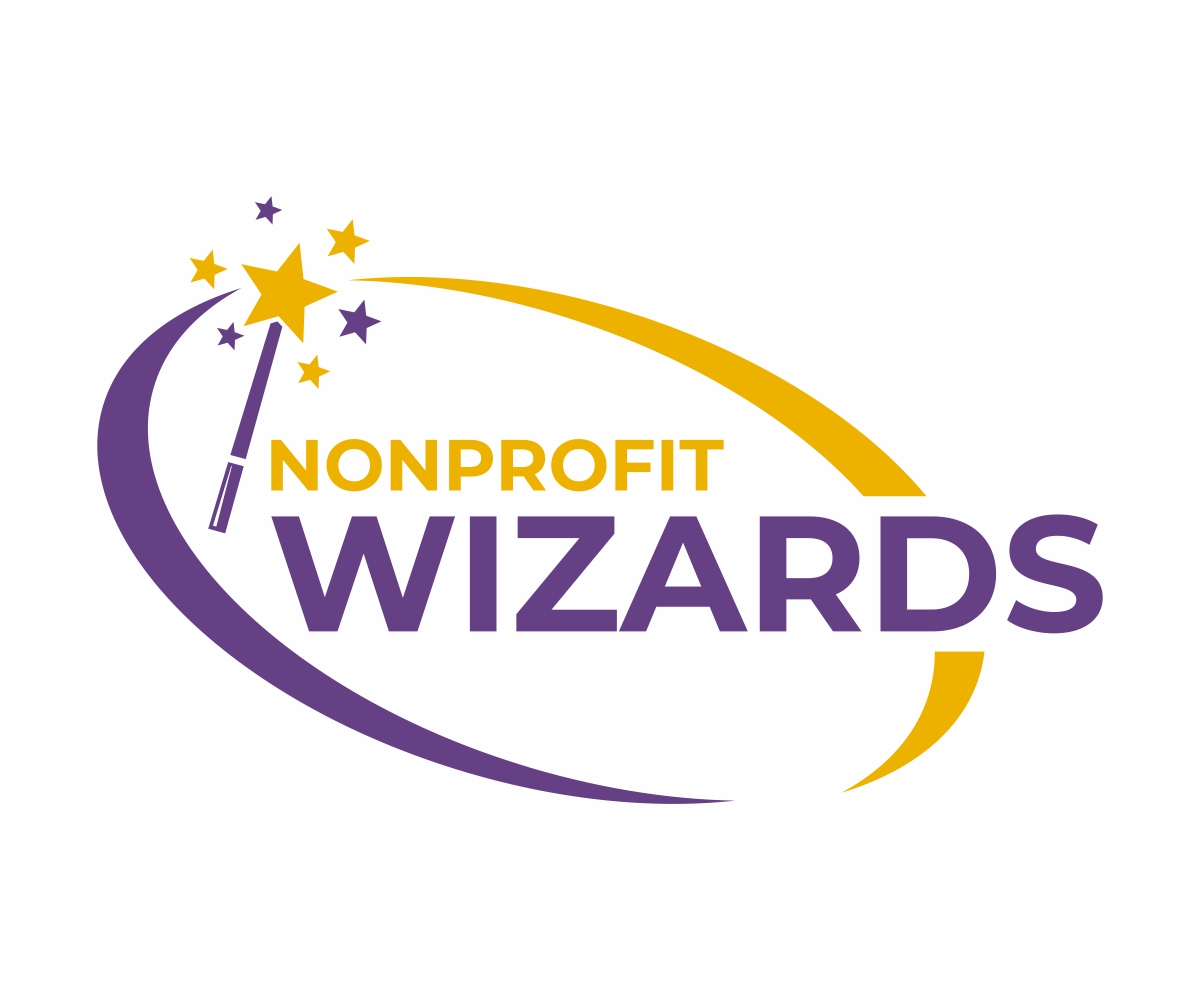“We don’t need to pay someone to flip charts…we can do that ourselves.”
Those words rang in my mind as I thought about our need to conduct a fresh strategic planning process. They had been said to me in an Executive Committee meeting three years earlier.
To give you context, I had become the Executive Director of an organization that was somewhat adrift. Fortunately, all the stakeholders–board and staff–knew it, and the previous ED decided to pursue a new opportunity while also believing that new energy and vision was needed.
Two months after my start date we had a strategic planning retreat (with a professional facilitator). I thought it was a great process. Everyone was engaged. We enjoyed thoughtful, spirited debate. And the end result was a three-year plan that clearly defined objectives which, if achieved, would make us wildly successful.
A few months after the new plan was in place, the infamous comment above was uttered. It seems this board member was annoyed at the cost and time invested in bringing a consultant in to facilitate the process, including the retreat. “I’m still annoyed that we spent that money,” she said. “All he did was write down what we said and flip charts. We don’t need to pay someone to flip charts…we can do that ourselves.”
Unfortunately, I was young and inexperienced, and I took this advice to heart. When that three-year plan ended, and it was time for a new planning process, we did indeed try to do it ourselves–to flip our own charts. To say it was ineffective is a gross understatement.
Here are the most important reasons you need an outside facilitator for your planning meetings:
Investing in a facilitator lets everyone fully participate
Good facilitators do several things to produce a quality outcome. They ask penetrating questions to stimulate discussion. They dutifully record responses. They cut off tangents while letting thoughtful debate work itself out.
Here’s what they don’t do: interject their own ideas.
If you have a member of your board or staff facilitating the meeting, they are severely constrained in their ability to offer their point of view. Since that person is a stakeholder in the future success of the organization, they absolutely deserve a seat at the table. Furthermore, the organization deserves to hear that person’s voice…they just might have an extraordinary insight that could shift the course of the organization!
Investing in a facilitator makes it a big deal.
This is true in all walks of life: when we make a significant investment in something, we think differently about it. We take greater care and place higher importance.
Strategic planning retreats are the same way. At the facilitated retreat, folks knew we were plunking down a decent amount of cash. The facilitator was coming in from out of town. So board members made it a priority to be there.
On the other hand, during our DIY process attendance was poor. In fact, we had to reschedule it twice due to poor attendance. When the day finally came, the people who did show weren’t fully engaged in the process and failed to bring their “A” game.
Investing in a facilitator brings more credibility to the process.
Fully participating in a strategic planning retreat requires trust and belief. Trust that comments you offer will be duly heard and appropriately explored. Belief that, ultimately, the retreat will lead to successful outcomes for the organization.
Using an experienced facilitator inspires both trust and belief. He or she has “been there, done that.”
This applies not only to the activities of the day, but carries forward in the level of dedication to working the plan in years 2, 3, etc. If people believe the process was sound, they are more inclined to do the “heavy lifting”–actually implementing the tasks called for.
What do you think
Have I forgotten any advantages to using a facilitator? Or maybe I’m wrong. Maybe you have had GREAT success “flipping your own charts”?
I’d love to hear about it! Email me or hop over to the Nonprofit Wizards Facebook page and leave a comment!

Darren Macfee is the founder of the Nonprofit Wizards. He studies the habits and practices of wizards and then shares those with the world. He also strives to be a little better every day–as a husband, as a dad, and as a business professional.

